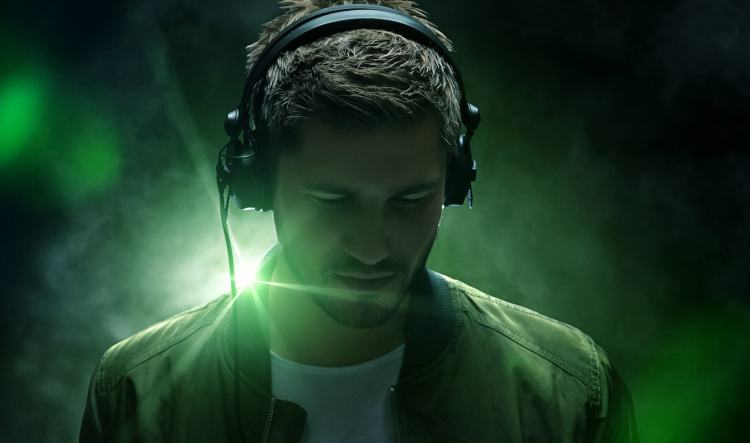In a month packed with big music industry stories, the rumor of a potential sale of SoundCloud to Spotify stood above the rest. And that rumor is still getting attention. On paper, it all makes sense — SoundCloud has struggled recently to launch its paid streaming service, while longtime users have been critical of its new direction — so much so that “Make SoundCloud Great Again” hats have started to circulate. Spotify, meanwhile, would gain a new user base and a library of remixes and other content that it currently lacks, helping to set it apart from other services. It makes total sense for the VCs who have been funding SoundCloud for years to push for a deal, and if the founders want to cash in on their hard work, they should.
But despite all the upsides, the deal also seems to signal the end of an era, regardless of whether it goes through or not. SoundCloud was one of the last places online where crate digging and organic discovery was really possible, and it seems to be on its way out. For a long time, mixtapes were the path for artists to introduce music (they’re what I built my early brand around), with DJs being the barrier. SoundCloud replaced this system, letting artists go direct to fans (sans DJ). Now it all seems to have shifted to a more algorithmic model on streaming services. There are still places that champion curators and new artists — musical.ly has quickly become a discovery powerhouse, and at Dash Radio we have had a lot of success in breaking emerging artists (Post Malone, Bryson Tiller, etc) — but what SoundCloud once represented seems to be over.
While many people love Spotify’s Discover playlist series, the one big downside is that it takes all the work out of finding new music. If you can just get a personalized playlist every day, there’s no need to go down rabbit holes to find new stuff and get outside your comfort zone. And the one thing Discover does better than anything else is keep listeners inside a comfort zone — it learns your taste and then serves it back to you, without taking into consideration the fact that you might want to be thrown a curveball every now and then. There also is no feel of community that live radio or SoundCloud comments offer with personal playlists.
Currently, most people discover new music on SoundCloud through curators, who do the heavy lifting and digging and put together their own playlists. Following human curators means you’re more likely to hear things that are strange and out of the blue, and be encouraged to follow those threads. It’s a much higher miss-to-hit ratio, but the hits are much sweeter, because they come out of nowhere. With Spotify, you know generally what you’re going to get; with SoundCloud, you often have no idea and are able to be surprised.
There needs to be a space online for experimentation and human curation. Music blogs once served this purpose, but they’ve closed down or shifted focus in recent years. There are still a handful of old school mp3 blogs fighting the good fight, but more people than ever are turning to streaming services and away from the virtual crates. Dash also continues to innovate in this space, focusing on expert human curation, but it seems to be one of the few outlets doing that.
In an ideal world, whoever buys SoundCloud will let it keep what made it special — the sense of discovery; the virtual mixtapes; the ability for any kid to remix a track and make it their own and share it with the world (and the labels will need to support this as well). SoundCloud still has a decent user base, and clearly there is an appetite for this type of unofficial and user generated content. If SoundCloud could keep its human curation elements, it might stand a chance. But it has already started to be sanitized and walled off, with users having to strike distribution deals to post content and weird remixes being buried or deleted altogether.
Similar to the mixtape scene, SoundCloud’s success in a relatively legal grey area ultimately hurt it as labels and publishers came calling and forced it to change and lose the original freedom it once had. There’s so much magic in finding the one perfect song out of hundreds of bad ones, and the work that goes into it makes the result so much more rewarding.
Scott Keeney, a.k.a. DJ Skee, is a radio DJ, host of Skee TV, and founder of Dash Radio, a curator-led digital broadcast platform that merges terrestrial and Internet radio. Reach him @djskee.
VentureBeat's mission is to be a digital town square for technical decision-makers to gain knowledge about transformative enterprise technology and transact. Learn More

